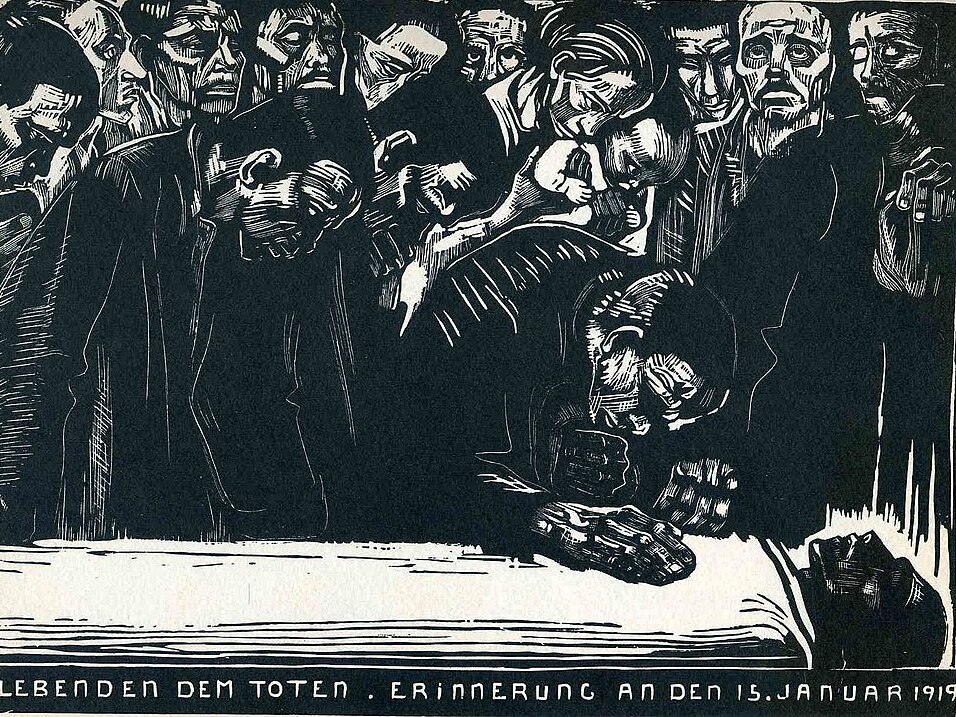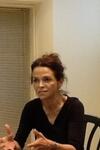HUMS 195, Thinking Literature in German Modernism

Course Description
Ever since literature left its ancillary position in the service of extraneous creeds, ideologies and educational purposes or, in the eyes of some, became their substitute, it had to rethink itself. Reflections about its own raison d’être and how it relates to the world politically, philosophically, and emotionally became a primary substratum of literary modernism. This is particularly true for modernism in German language contexts where some of the major theories about literature originated and where philosophy, politics and literature had been closely intertwined for centuries. Following general reflections on the term Modernism and its variations in different linguistic and national contexts (Die Moderne, la modernité, modernismo) as well as its relation to Realism, to the Avant Garde and to Postmodernism, this course explores some of the major works of German Modernism. Among the texts to be discussed are works by Hugo von Hofmannsthal, Rainer Maria Rilke, Hermann Hesse, Thomas Mann, Else Lasker-Schüler, Franz Kafka as well as selected poetry and short prose by authors ranging from Expressionists to poets writing in the immediate aftermath of WWII. Special attention is given to intertextual references to the literary tradition and, in this context, to the self-reflexive dimension of the modernist writings.
Led by
 |
Professor Vivian LiskaVivian Liska is Professor of German literature and Director of the Institute of Jewish Studies at the University of Antwerp, Belgium as well as Distinguished Visiting Professor in the Faculty of the Humanities at The Hebrew University of Jerusalem. She’s the (co-)editor of the journal for Literary Culture arcadia, the Yearbook of the European Jewish Literature Association and of many books on Modernism, German Literature and German-Jewish Thought. She also directs the book series Perspectives on Jewish Texts and Contexts (De Gruyter). Her books include When Kafka Says We. Uncommon Communities in German-Jewish Literature (2009), Giorgio Agambens leerer Messianismus (2011), Fremde Gemeinschaft. Deutsch-jüdische Literatur der Moderne (2011) and German-Jewish Thought and its Afterlife. A Tenuous Legacy (2017). She is currently working on New Beginnings. |